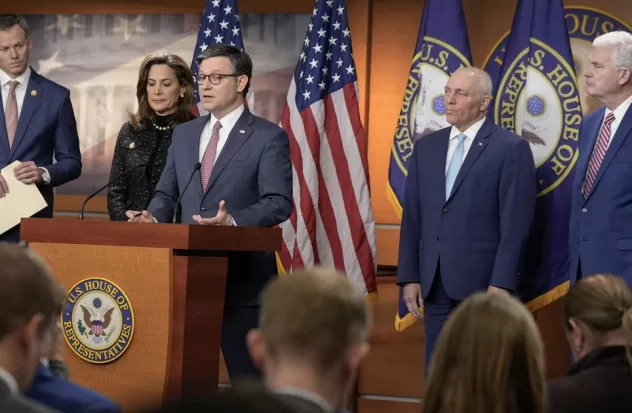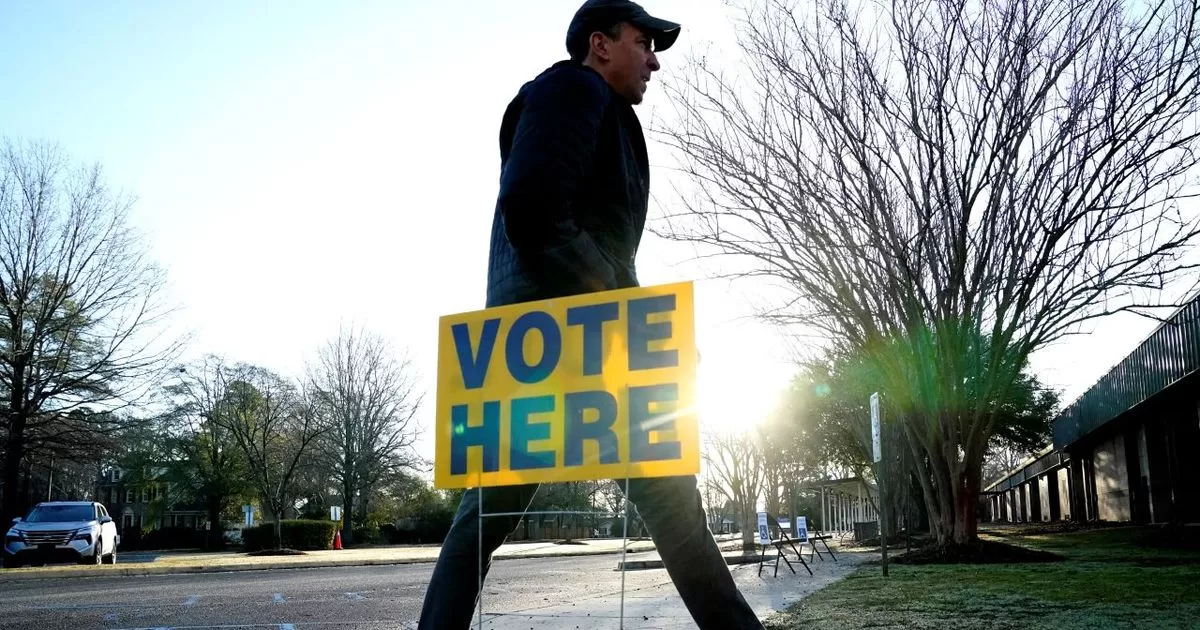WASHINGTON — The House of Representatives on Friday approved a proposal to renew and implement broad reforms to a US government surveillance law, without restrictions on how the FBI can use the tool to search for citizen data.
The proposal, approved with 273 votes in favor and 147 against, now goes to the Senate, where its future is uncertain. The program will expire on April 19 if it is not renewed by Congress.
The head of the Lower House, Republican Mike Johnson, presented the proposal, which would modify and expand Section 702 of the Foreign Intelligence Surveillance Act (FISA), for an abbreviated period of two years, instead of five years as had initially been suggested. Johnson hoped the shorter period would convince skeptical Republicans by leaving any future debate on the issue to Donald Trump’s presidency should he win the November election.
Another clause, which would put an end to the surveillance of citizens without a court order, was also presented for voting, but despite having support from the extreme right and the extreme left, it did not obtain the necessary votes to be approved in the Lower House.
Skepticism grows
In recent years, skepticism toward the government’s surveillance powers has grown, particularly among right-wing sectors.
Republicans have argued for months about how to reform the FISA law, creating divisions that became evident this week, when 19 Republicans rebelled against their own leadership and prevented the proposal from being put to the vote.
However, the idea of shortening the law’s time helped convince some Republicans to vote for the measure.
“The two-year window is much better because it gives us two years to see if this works, rather than putting it off another five years,” Republican Rep. Chip Roy said Thursday. “They say these reforms will work. Well, we’ll see.”
The legislation in question would allow the US government to collect, without a warrant, the communications of non-citizens abroad as part of foreign intelligence collection. The reauthorization is linked to a series of reforms that seek to satisfy those who denounced that citizens’ civil liberties were being violated.
But right-wing sectors have complained that these changes do not go far enough. The most vocal critics have been members of the Freedom Caucus, who have attacked Johnson for trying to reach consensus for the Biden government to continue with his plans.
Source: AP.







